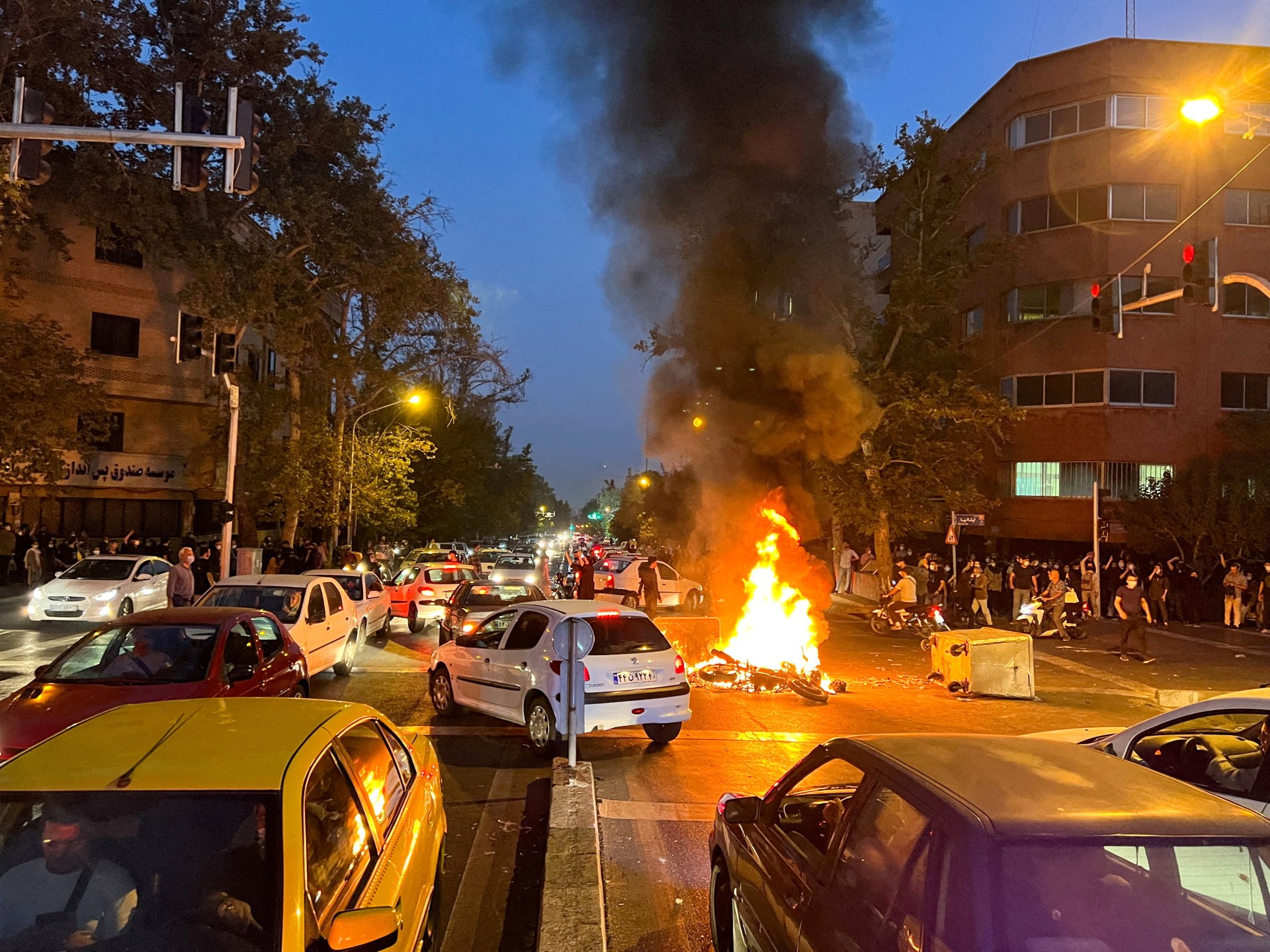The Australian Foreign Ministry announced on Saturday that the government will impose sanctions targeting people and entities in Iran, in response to what it described as "gross" human rights violations.
This comes while the Iranian Foreign Ministry decided yesterday, Saturday, to summon the British ambassador to Tehran, Simon Shercliffe, against the backdrop of sanctions imposed by London on officials in the Iranian judiciary.
Australian Foreign Minister Penny Wong said - in an opinion article in the Sydney Morning Herald newspaper - that her country will impose sanctions on 13 individuals and two entities, including the Iranian morality police, the Basij force, and 6 Iranians who participated in suppressing the protests that erupted after the death of the young woman, Mahsa Amini (22 years), during her detention. last September.
She added that the sanctions apply to Sadiq Hosseini, whom she described as a senior commander in the Iranian Revolutionary Guards.
He was included in the list for his involvement in the "indiscriminate use of violence against demonstrators".
"The Iranian regime's blatant and widespread disregard for the human rights of its own people has horrified Australians, and the perpetrators must be held accountable," she added.
According to state media in Iran, the Foreign Ministry rejected this move, describing it as interference in the internal affairs of the Islamic Republic and "incitement to violence."
"Australia's new anti-Iran action comes after the government of this country has systematically violated the basic rights of Aborigines, prisoners and asylum seekers over the years and harbored elements of anti-Iranian terrorist and separatist groups," said ministry spokesman Nasser Kanaani.
On the other hand, the Iranian Foreign Ministry summoned, earlier on Saturday, the British ambassador to Tehran, against the backdrop of sanctions imposed by London on officials in the Iranian judiciary.
According to a statement issued by the Iranian Foreign Ministry, Ambassador Shercliffe was summoned against the backdrop of Britain's support for "terrorism and strikes" in Iran, and its imposition of "illegal sanctions" on Iranians.
The statement pointed out that the British sanctions related to the protests are "interference in the internal affairs of Iran."
He stated that the ministry informed the British ambassador that Iran reserves the right to respond in kind to the sanctions.
Since last September 16, protests have continued across Iran following Amini's death, 3 days after she was arrested by the morality police concerned with monitoring women's dress code.
The incident sparked widespread public anger in the political and media circles in Iran, amid conflicting accounts of the causes of death.

